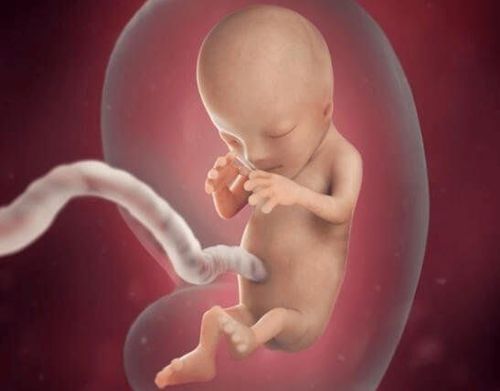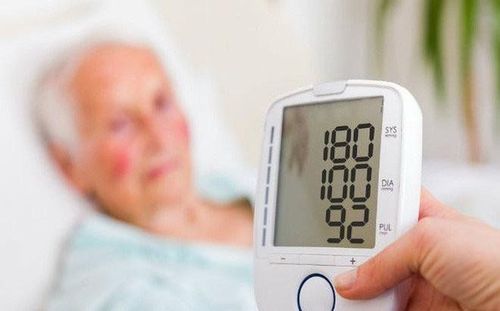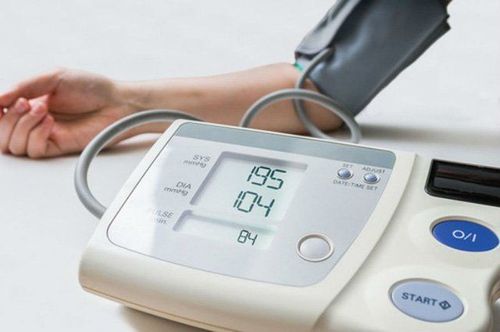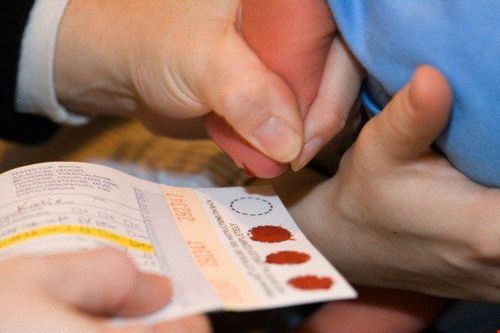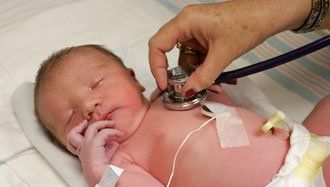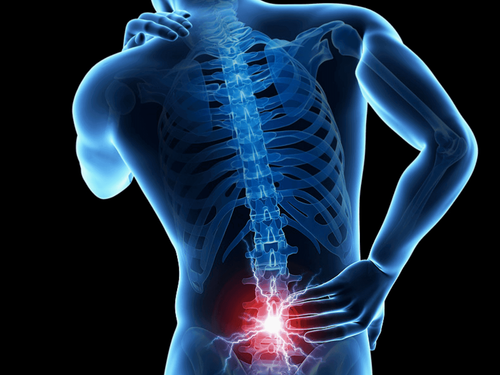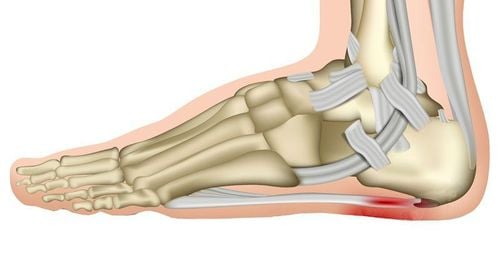Nội dung bạn đang tìm kiếm không có phiên bản tiếng Việt.
Vui lòng chọn tiếp tục để xem nội dung tiếng Anh hoặc đi đến trang chủ Tiếng Việt.
Rất xin lỗi về sự bất tiện này.

Home
Tag Gastroesophageal reflux in children
Articles in Gastroesophageal reflux in children
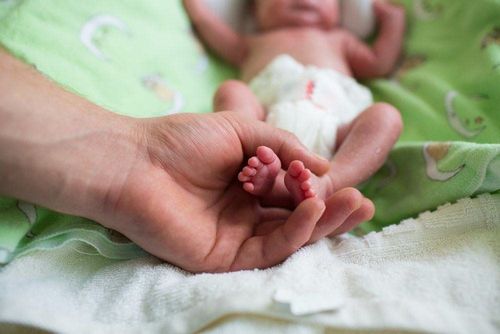
Care and nutrition for premature babies at home
Premature babies are babies born before 37 weeks of gestation, usually weighing less than 2500g. The younger the gestational age of the baby, the higher the risk of dangerous complications. Therefore, parents need to have knowledge about the care and nutrition of premature babies at home.
Xem thêm

Guess the right idea when the baby cries a lot, parents reduce stress
The first 3 months after birth are often the most difficult for parents because this is the period when babies cry a lot, especially in the late afternoon and early evening. During the first 3 months of life, it is very difficult to "read" the reason why babies cry a lot. Babies can cry suddenly and stop suddenly and sometimes holding, comforting or breastfeeding cannot soothe their crying.
Xem thêm
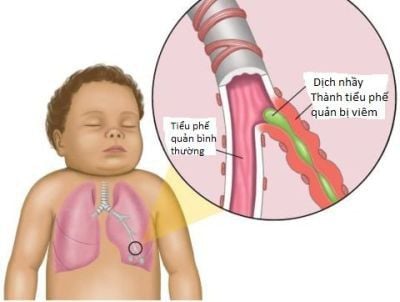
Beware of children wheezing due to soft laryngeal cartilage
Stridor is an important sign of laryngomalacia in children. We can notice this stridor from the first weeks to months of the baby's life, especially when the baby eats, lies on his back or cries loudly. Although most cases resolve on their own as the baby grows, parents still need to be vigilant when detecting signs of stridor in their child.
Xem thêm
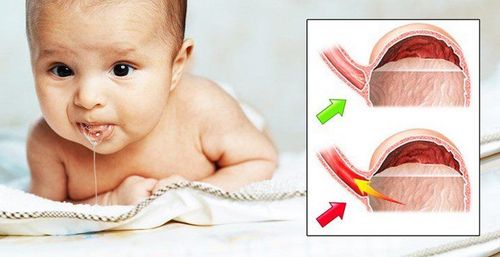
Ultrasound diagnosis of gastroesophageal reflux disease
Infants and young children are susceptible to gastroesophageal reflux. When a baby feeds, milk passes from the mouth to the stomach through the esophagus. The esophageal sphincter acts as a one-way valve to prevent milk from flowing back in the opposite direction. Reflux occurs when food in the stomach flows back up into the mouth, causing the baby to vomit or spit up. Usually, reflux in infants and young children is rarely serious and can go away on its own. However, if the baby is over 18 months old and still has this condition, it can be considered abnormal. In this case, the doctor may order an ultrasound to diagnose gastroesophageal reflux.
Xem thêm




